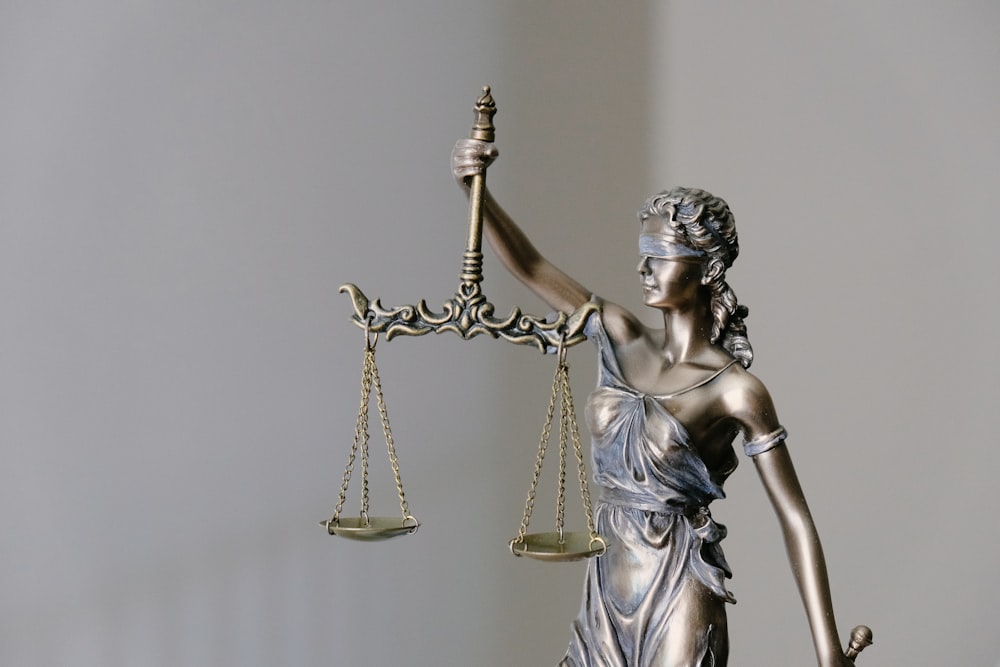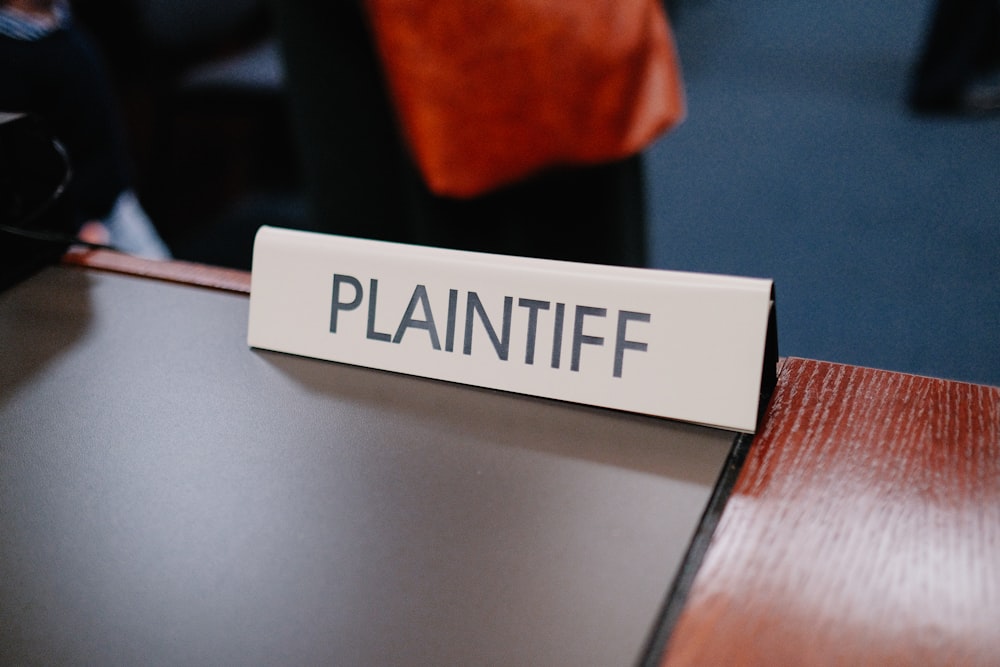
Pursuing Justice Personal Injury Class Action Explained
Introduction
In the realm of personal injury law, class action lawsuits offer a powerful means of pursuing justice for individuals who have suffered harm due to the negligence or misconduct of others. In this article, we’ll delve into the intricacies of personal injury class action lawsuits, exploring how they work and the benefits they offer to plaintiffs.
Understanding Personal Injury Class Actions
Personal injury class actions are legal proceedings in which a group of individuals who have suffered similar injuries or damages collectively sue the responsible party or parties. These lawsuits typically arise in cases where numerous people have been harmed by a defective product, environmental hazard, or corporate wrongdoing. By consolidating multiple claims into a single lawsuit, class actions streamline the legal process and allow plaintiffs to pool their resources and strength.
The Role of Class Representatives
In a personal injury class action, one or more individuals, known as class representatives, are designated to represent the interests of the entire class. These representatives act on behalf of all class members and play a crucial role in initiating the lawsuit, negotiating settlements, and making decisions about the litigation strategy. Class representatives are typically individuals who have been significantly affected by the alleged harm and are willing to take on the responsibility of representing the broader group.
Certification of the Class
Before a personal injury class action can proceed, the court must certify the class, ensuring that it meets certain criteria outlined in the rules of civil procedure. These criteria typically include numerosity (the class is sufficiently large), commonality (there are common questions of law or fact), typicality (the claims of the class representatives are typical of those of the entire class), and adequacy of representation (the class representatives can adequately represent the interests of the class). Once certified, the lawsuit can proceed as a class action.
Benefits of Class Actions for Plaintiffs
Personal injury class actions offer several benefits to plaintiffs. First and foremost, they provide access to justice for individuals who may not have the resources or ability to pursue individual lawsuits. By joining forces with others in similar circumstances, plaintiffs can share the costs and risks of litigation and increase their chances of success. Additionally, class actions can result in more efficient resolution of claims, as they allow for the consolidation of numerous similar cases into a single proceeding.
Potential Damages and Settlements
In personal injury class actions, damages awarded or settlements reached are typically distributed among class members based on predetermined formulas or criteria. These may include factors such as the severity of injuries, the extent of financial losses, and the individual circumstances of class members. Settlement negotiations are often complex and may involve extensive legal proceedings, but they can result in compensation for class members without the need for lengthy trials.
Challenges and Criticisms
While personal injury class actions offer many benefits, they also face challenges and criticisms. Critics argue that they can lead to excessive litigation and frivolous lawsuits, as well as disproportionate awards for attorneys’ fees. Additionally, defendants may resist certification of the class or vigorously contest liability, leading to protracted legal battles. However, proponents of class actions maintain that they are an essential tool for holding corporations and other entities accountable for wrongdoing and providing redress to victims.
Conclusion
In conclusion, personal injury class actions play a vital role in our legal system, offering a mechanism for individuals to seek justice and compensation for injuries and damages caused by the negligence or misconduct of others. By uniting as a collective group, plaintiffs can amplify their voices and increase their leverage in pursuing claims against powerful defendants. While class actions are not without challenges, they remain an important avenue for achieving accountability and redress in cases of widespread harm. Read more about personal injury class action






















